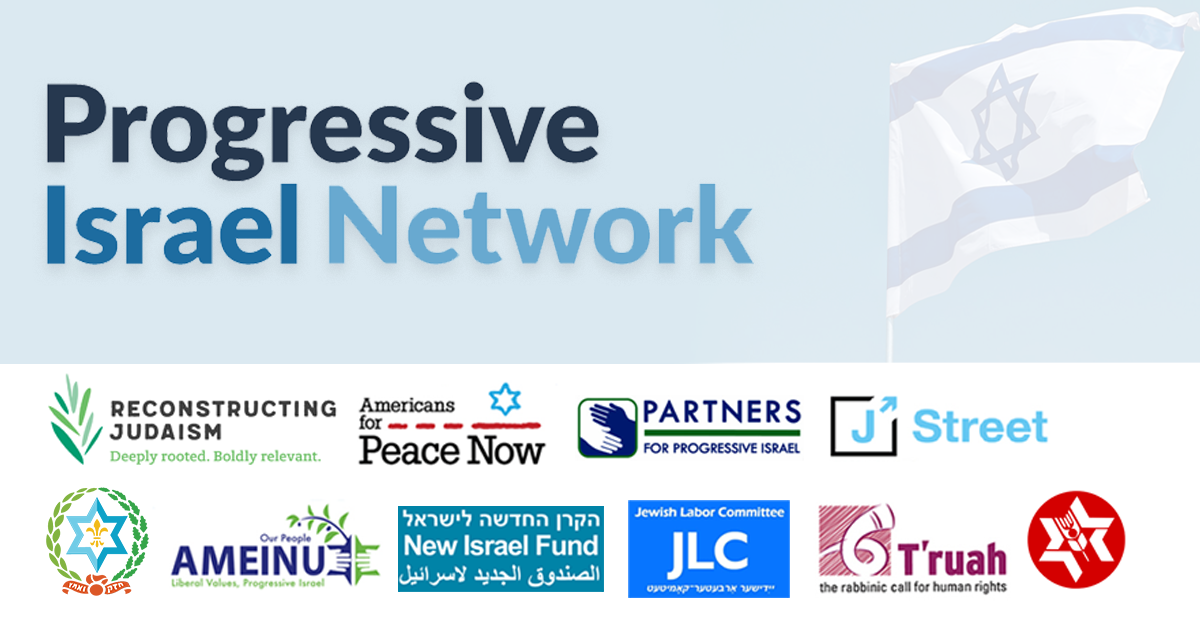Responding to Prime Minister Benjamin Netanyahu’s announcement of his intent to extend Israeli sovereignty over large parts of the West Bank, the Progressive Israel Network (of which T’ruah is a founding member) released the following statement:
A democratic and peaceful future for Israelis and Palestinians requires national self-determination for both peoples. Any step to unilaterally impose Israeli sovereignty over Palestinian people and territory in the West Bank is a step away from the two-state vision and toward the formalization of two separate and unequal legal systems. Both Israelis and Palestinians want and deserve to live in peace, with justice and dignity. Israelis deserve to live in a healthy and vibrant democracy. Palestinians deserve to live free from occupation.
Netanyahu’s suggested move would entrench Israel’s military occupation in the West Bank. It harms millions of Palestinians living under occupation and poses an existential threat to Israeli democracy. Israeli democracy cannot endure without putting an end to the 52-year occupation.
Our vision for Israel and its relationship with the U.S. includes:
- A strong and democratic Israel that ends its 52-year occupation and that provides for all its citizens justice, dignity and equal rights. An Israel that seeks peace, rather than entrenching occupation and inequality.
- Strong U.S. leadership towards a two-state solution, which opposes unilateral Israeli annexation of the West Bank.
- A U.S.-Israel relationship that reinforces our countries’ shared democratic values and institutions.
The Progressive Israel Network is a coalition of the 10 leading organizations representing Americans committed to pursuing democracy, equality in Israel and to peace between Israelis and Palestinians. The coalition speaks with a unified voice in support of democracy and equal rights, religious freedom and pluralism, and a two-state solution. The network’s founding members are Ameinu, Americans for Peace Now, Habonim Dror North America, Hashomer Hatzair, The Jewish Labor Committee, J Street, The New Israel Fund, Partners for Progressive Israel, Reconstructing Judaism, and T’ruah. This statement is further joined by the National Council of Jewish Women.

